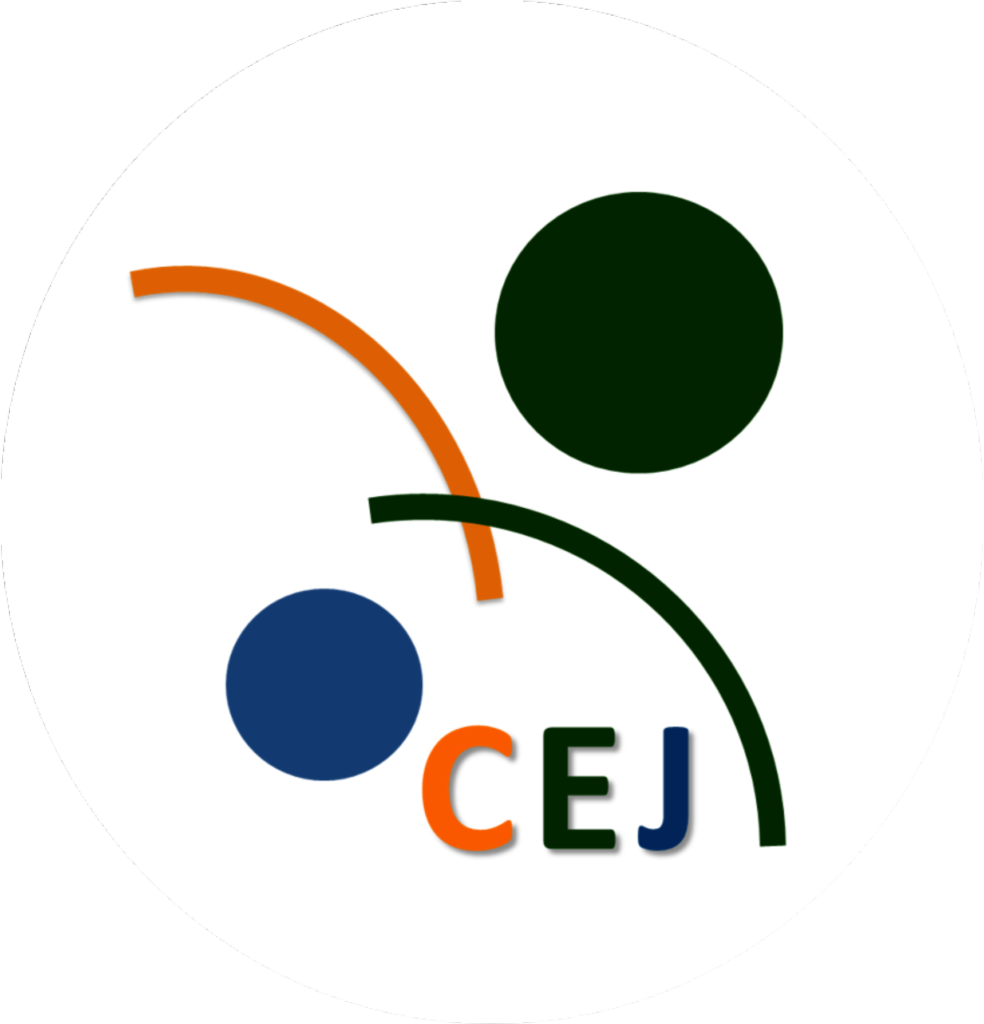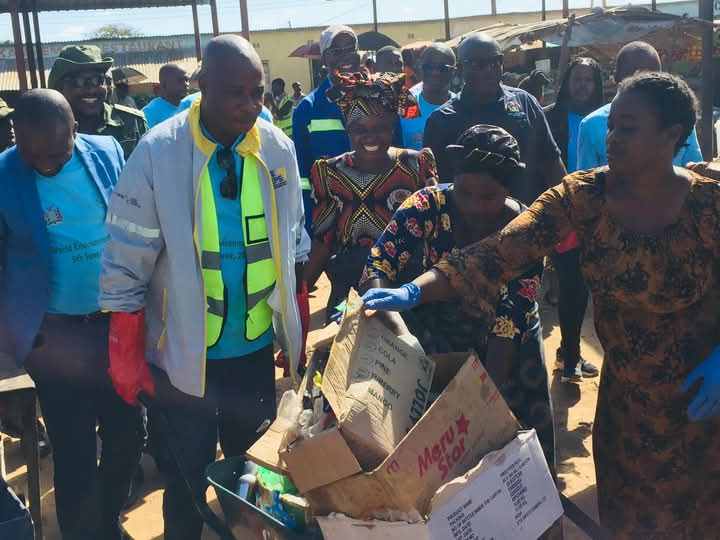Despite the global economic crisis and reduced commodity prices, mining companies continue to enter remote communities to search for exploitable mineral reserves. Most of these frontier locations are home to indigenous, poor and vulnerable people.
Mining can impact local communities both positively and negatively. While positive impacts such as employment and community development projects are important, they do not off-set the potential negatives.
Sustainable development requires an equitable sharing of benefits; if there is obvious inequity, there will be strife, which impedes the development process. Having visited a number of mining communities in Zambia, have found that mining can negatively affect people by: forcing them from their homes and land, preventing them from accessing clean land and water, impacting on their health and livelihoods, exposing them to harassment by mine or government security, causing divisions in communities over who benefits from the mine and who doesn’t changing the social dynamics of a community.
These impacts are exacerbated when local people aren’t consulted and are given no information about a planned mine. Even worse is when people are not given a say on whether or not a mine should even be developed. The potential benefits that mining brings to a community can be undermined if secrecy surrounds the payment of mining taxes to the government or the benefits shared at the local level.
The question is therefore more appropriately, how should the share of benefits received by communities be decided?



